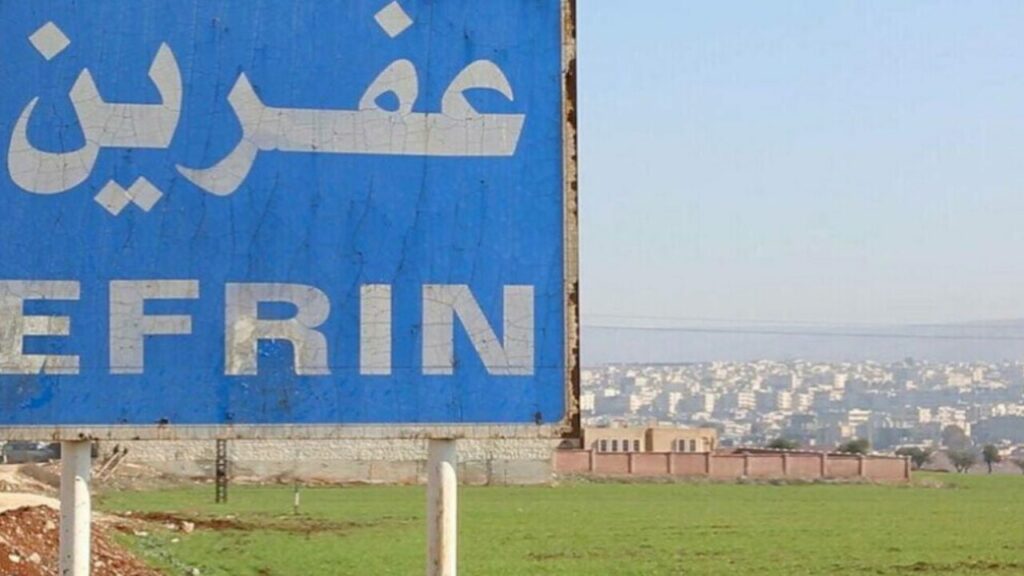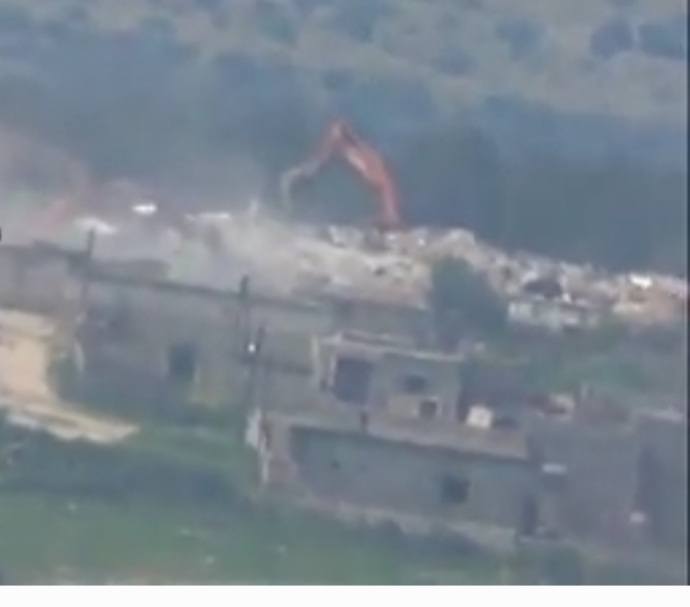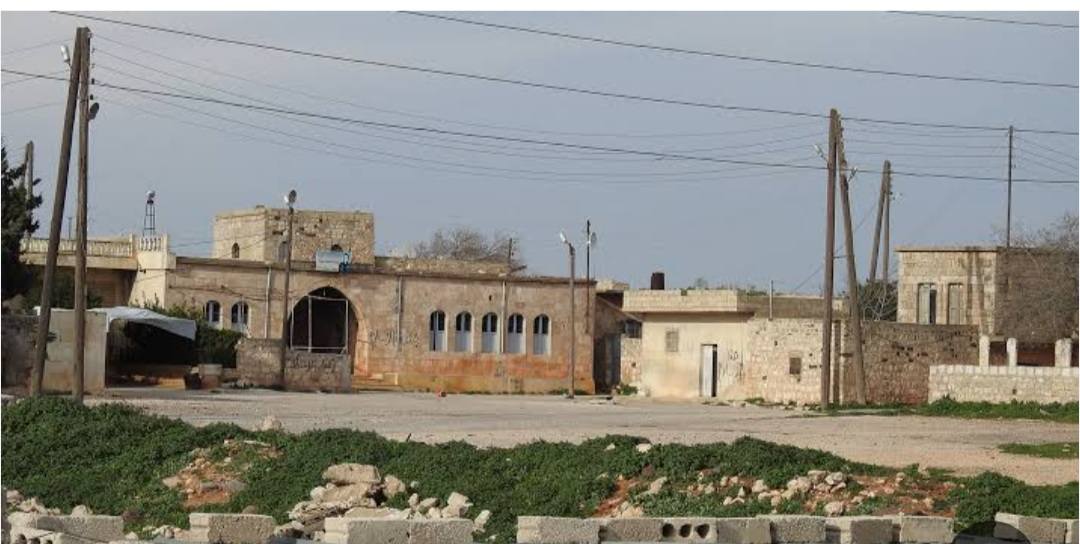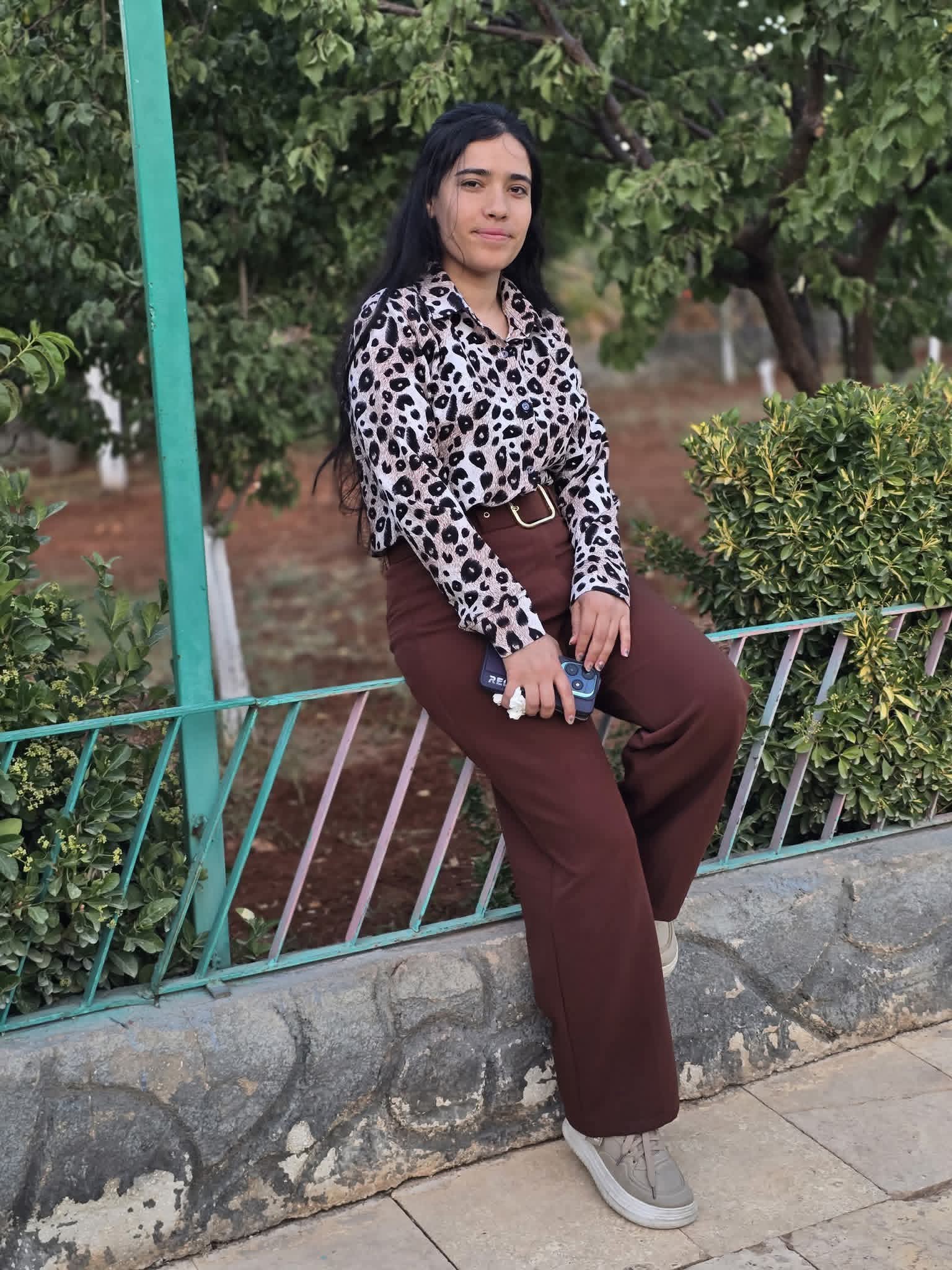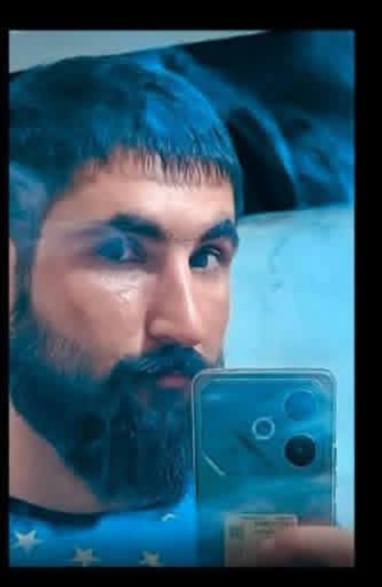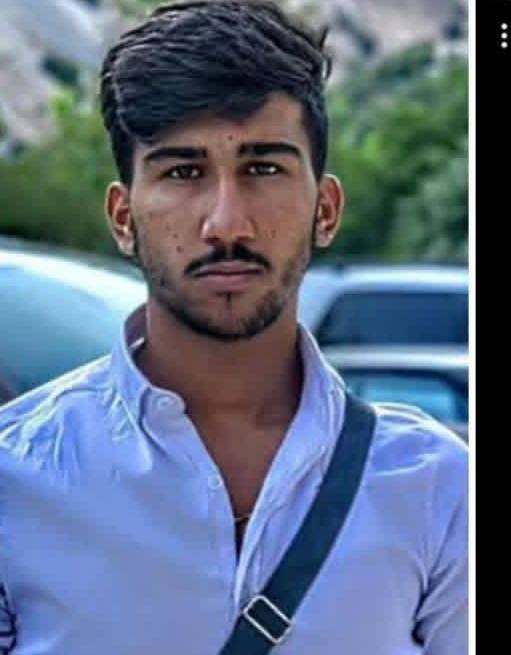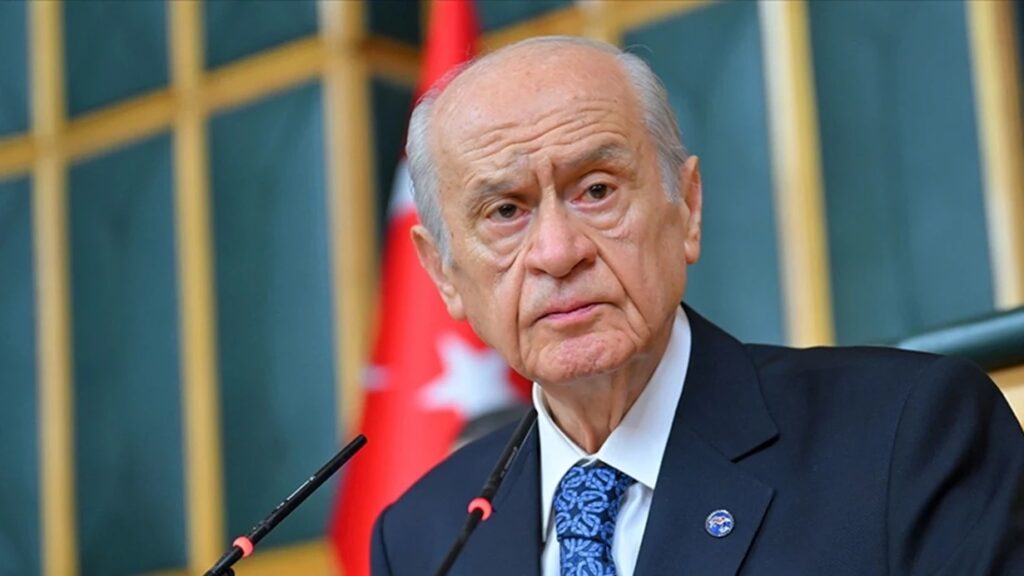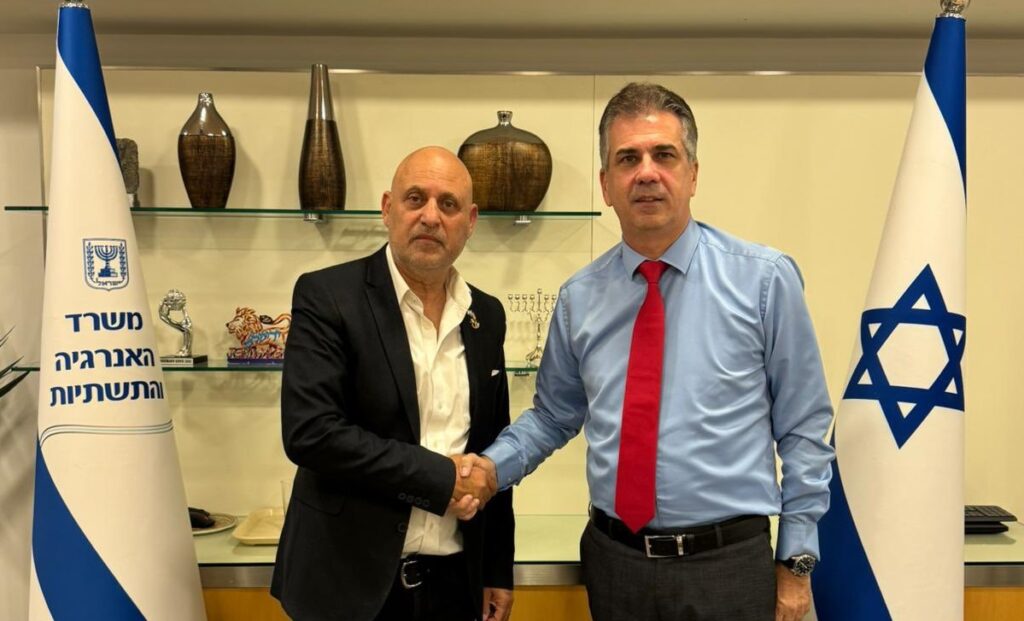The Afrin-Syria Human Rights Organization reported that Turkish forces began building a separation wall in the northwestern sector of the Aleppo countryside in 2019, extending across several villages, including Jalbal/Jalbara, Maryamin, and Basalhaya. The organization explained that “the construction operations were accompanied by entrenchments and the digging of trenches to prevent potential attacks by Kurdish forces deployed in the area.”
According to the organization, “on April 25, 2019, Turkish forces bulldozed more than 30 homes belonging to the forcibly displaced residents of Jalbal,” while Syrian regime and Russian forces were limited to “onlookers’ roles,” despite their positions being close to the wall’s construction site.
The organization also noted that a delegation of Afrin’s displaced people in the Shahba region met with the Russian leadership at the time, demanding “an immediate halt to the construction of the separation wall, the termination of the Russian-Turkish agreements regarding Afrin, the dispatch of a fact-finding committee, and the removal of the political and diplomatic cover of the Turkish occupation to bring its leaders before international courts.” However, these demands were not met with any response.
The organization added that Turkish forces brought in machinery to demolish the village’s homes, leaving only five of the residents’ homes intact and a historic guest house dating back over 300 years, belonging to the Rubariyya/Ghubariya family. It confirmed that the village had been transformed into a military base, and its residents have been prevented from returning to this day.
Fate of Three Kurdish Girls Unknown After Their Kidnapping
In another incident, the Afrin-Syria Human Rights Organization announced that three Kurdish girls were kidnapped on September 13 on the Aleppo-Deir Hafer international road “by outlaw gangs.”
The organization explained that among those kidnapped were:
Haifa Adel Tayyar, 25, from the village of Kharab Atto in the Kobani countryside, who was kidnapped while traveling from Kobani to the Sheikh Maqsoud neighborhood in Aleppo.
Norman Jalal Sarhan, 22, whose kidnapping was previously reported, lost contact with her family that evening after “accidentally” entering areas controlled by Turkish-backed factions.
Fatima Saleh, from the Kobani countryside, who was accompanying Norman on her trip.
According to the organization, “the kidnappers demanded a ransom from Norman’s family, amid the deteriorating psychological state the girl was experiencing while communicating with them.”
The families of the three girls called on the Syrian Interim Government and the Autonomous Administration to “reveal their fate and pressure the kidnappers to release them.” The organization added that “these incidents are part of a series of violations and kidnappings targeting Kurdish civilians in areas controlled by Turkish-backed factions.”
The organization later reported that two Kurdish girls, Norman Jalal Sarhan (22 years old, from Derik, who holds German citizenship) and Fatima Saleh from the Kobani countryside, were kidnapped on September 13 on the Aleppo-Deir Hafer road.
According to the organization, “an armed group affiliated with the Sultan Suleiman Shah Division (Amshat), led by Muhammad al-Jassim, known as Abu Amsha, took them to one of its headquarters in the Shih district in the Afrin countryside.” The sources indicated that they “are being subjected to psychological pressure, while the kidnappers are demanding a ransom for their release.”
The organization explained that Norman, who had come from Germany to visit her family, was accompanying her friend Fatima on their way to Aleppo, before they accidentally entered areas controlled by Turkish-backed Syrian factions.
Robberies Continue Amid Insecurity in Northern Aleppo Countryside
The Afrin-Syria Human Rights Organization confirmed that the village of Ahras, in the al-Shahba region, witnessed a series of robberies last week “due to the security chaos, the absence of justice, and accountability.”
According to the organization, “Jamal Hamza Jawish’s car (a Hyundai pickup truck) was stolen, and a grocery store owned by Saeed, a resident of Tal Jabin, was also robbed.”
It added that “Othman Othman’s car wash was robbed, and the stolen items included two motors, car wash equipment, two car batteries, and a sum of money from Saeed’s shop.” It noted that residents “observed suspicious movements at night in agricultural lands, which increased their anxiety and fear.”
Two Kurdish youths released after four days of detention
The Afrin-Syria Human Rights Organization reported that General Security personnel in the city of Afrin arrested two Kurdish youths on September 11:
1. Renas Abdulrahman Omar (20 years old)
2. Abdulrahman Fawzi Omar (22 years old)
Both are residents of the village of Kurziliye/Jumi in the Shirawa district.
The organization explained that the arrests occurred while they were traveling from the Sheikh Maqsoud neighborhood in Aleppo to the city of Afrin “without knowing the reasons,” before they were released on September 15.
It added that news of their disappearance was circulated by residents on social media “before it became clear that they were being held by the General Security in Afrin.”
Archaeological sites destroyed in the vicinity of Nabi Hori in search of treasures
The Afrin-Syria Human Rights Organization documented what it described as “crimes and attacks against the human cultural heritage in Afrin” after the Turkish-backed factions took control.
The organization stated that “archaeological sites located within agricultural lands owned by the indigenous population were destroyed as a result of excavations using heavy machinery in search of treasures and artifacts.”
It noted that the photographed site is located “in the vicinity of the ancient city of Cyrus (Nabi Hori),” adding that “the filming took place recently after a portion of the settlers had left, allowing limited freedom of movement to reveal the extent of the destruction.”
The organization confirmed that “citizens were prohibited from photographing these sites or speaking publicly about the crimes committed against them.”


